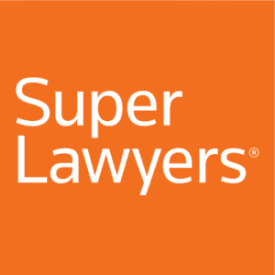Another victory in the battle over workers’ compensation impairment ratings
Since 2012, our firm has been leading the challenge to the unconstitutionality of the current impairment rating evaluation (IRE) process in Pennsylvania. We have filed numerous briefs explaining in detail why the Commonwealth of Pennsylvania, Bureau of Labor & Industry's adoption the guidelines used in the 5th and 6th editions of the AMA…
Read More





